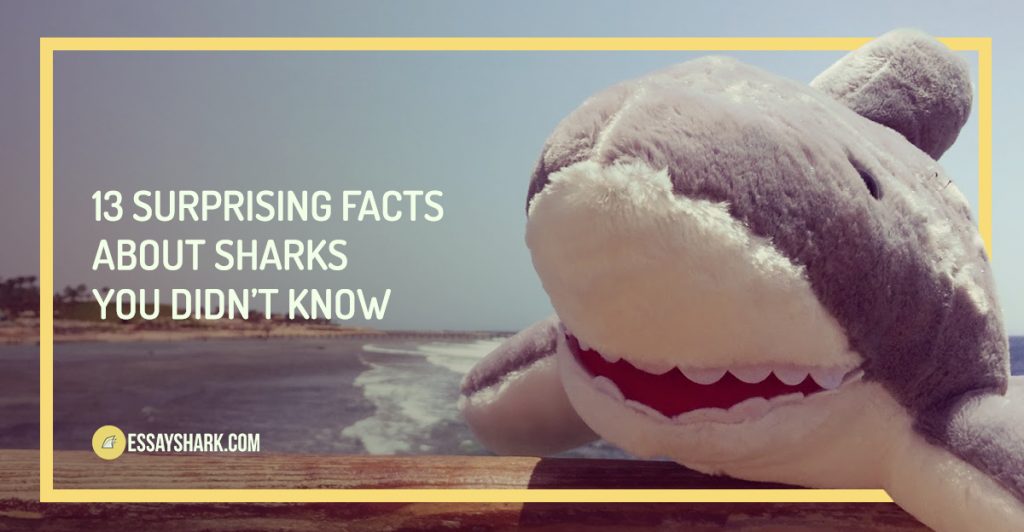We couldn’t stand aside as Discovery Shark Week brings on its special guest to discuss the giant Megalodon. Sharks are usually associated with danger, fear and mystery. We are enamored with them and their strength, but still know too little facts about them.
Are you as fond of sharks as we are? Check out information that will surprise you. Maybe you will even find the necessary inspiration to develop one of the best debate topics for students and impress everyone with your unique perspective.
BRIEFING NOTE ABOUT SHARKS:
Habitat – can be found in the majority of oceans, and even some salt, brackish, and fresh waters
The largest – up to 39 feet in length
The smallest – about 6.7 inches in length
Amount of teeth replaced over a lifetime – 30, 000-50, 000
Variety of species – about 465
Speed – 8 km/hour, 19 km/hour in attack
- The larger the shark is in its size, the more it eats. And the menu is not only fish, octopuses and calamari. They also enjoy eating polar bears, moose, horses and gourmand sharks sometimes can eat a reindeer. You know, when the special occasion appears:)
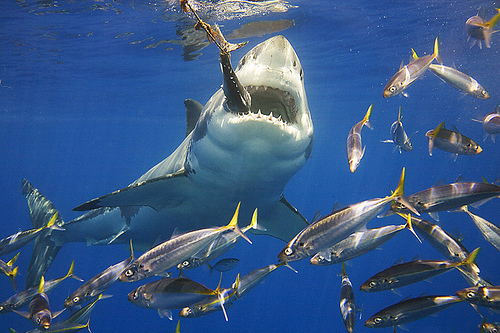
- Some sharks are nomadic. For example, the hammerhead. They feel comfortable both in warm and polar waters.
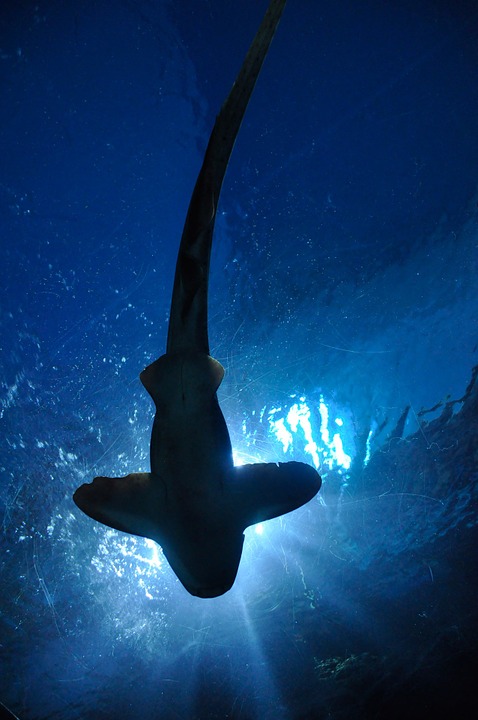
- Besides having 5 senses, white sharks possess electro-reception to find prey by detecting their electro-magnetic fields. Some shark species can glow in the dark, and others have been around longer than the dinosaurs. These kinds of insights could inspire an autobiographical essay from a marine biologist reflecting on their first encounter with a shark in the wild.
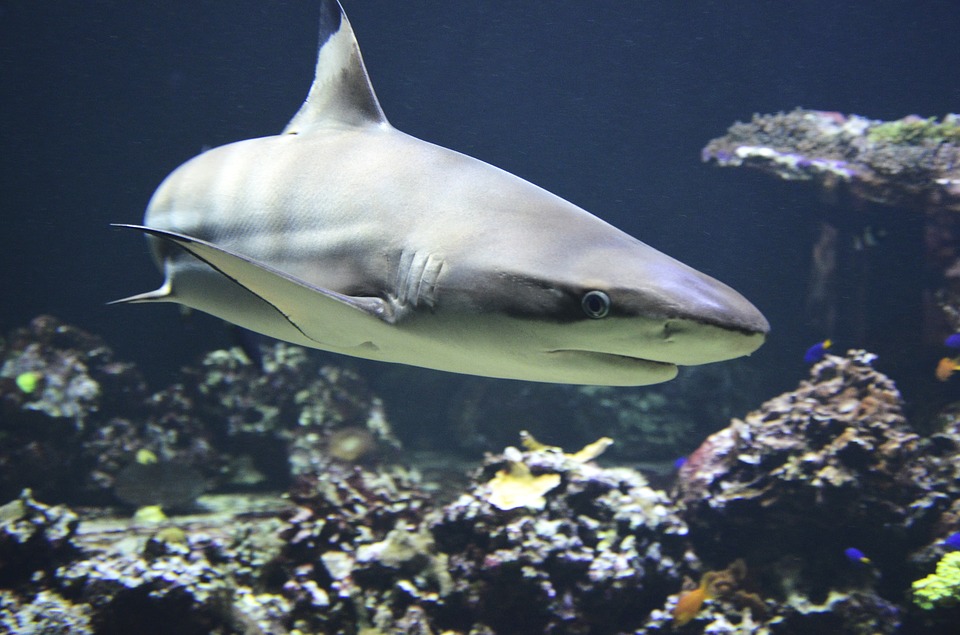
- Sharks do not have eyelids. To protect their eyes, they simply roll them back. By the way, sharks have beautiful blue eyes.

- Grey white sharks are slow in their coming-of-age. Female sharks become sexually mature when they are 14-16 years, and male grow quicker – in 8-10 years.
- No one takes care of sharks when they are born. They survive without parental support. No hugs and “mimimi”-s for them. Maybe, that’s why they are so cruel:)
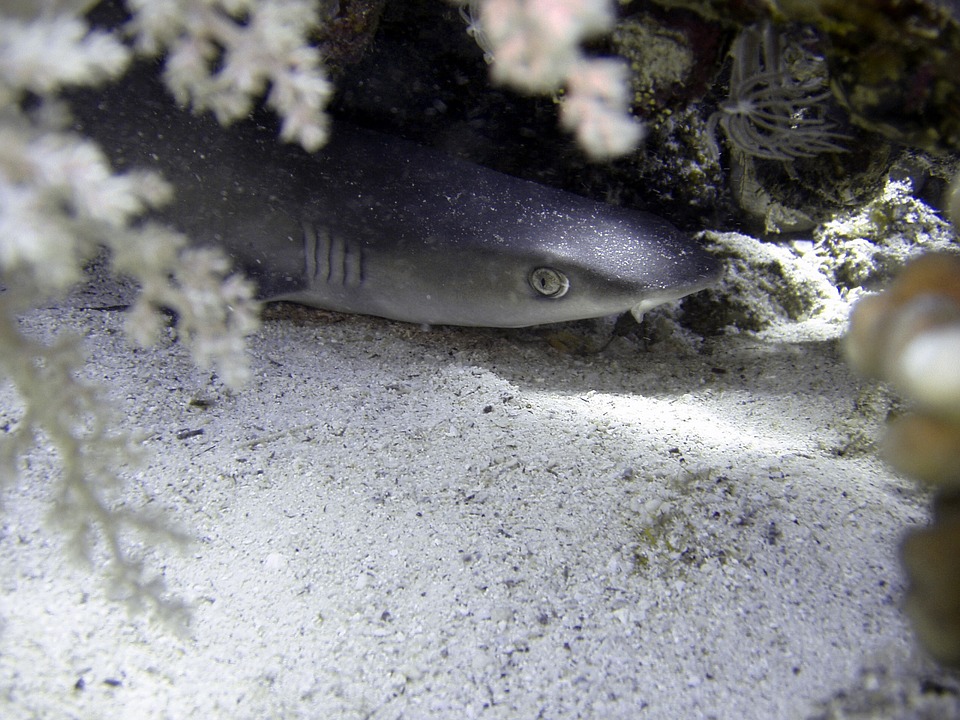
- Lamnid white sharks are warm-blooded animals. Their heat generator from long muscles allows them to keep their body temparature 10-15º higher than outside.
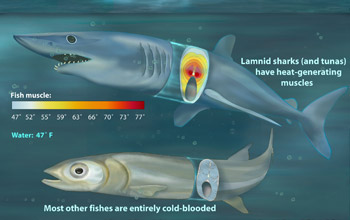
- The unique structure of shark skin helps to save people’s lives. Surprised? It is impossible for various organisms to cover the shark’s body and live there. Shark skin has been used as a material by biomimicry engineers to use in hospitals. The bacteria growth was decreased by more than 80%. What is more, sharks practically never get sick. Students researching marine science at some of the best schools for criminal justice, where forensic analysis and environmental law often intersect, might also find this information helpful when working on their assignments.
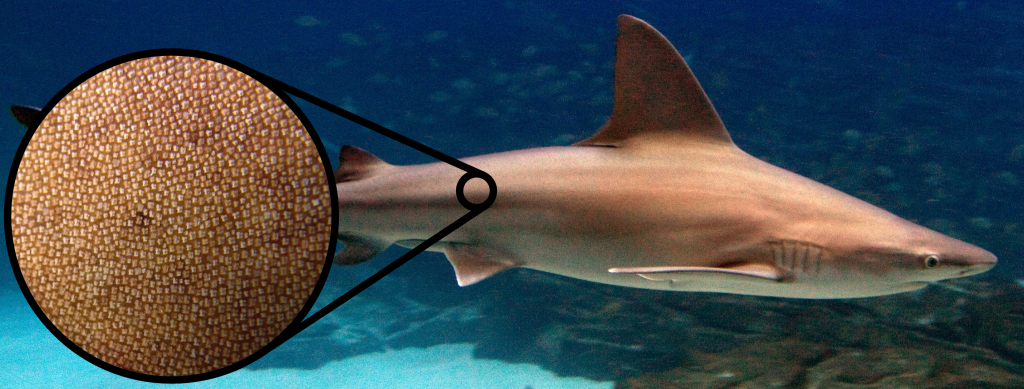
- Shark teeth are one more reason to be fascinated with these creatures. They are not required to brush them due to fluoride covering the surface of their teeth. The chemical element fluoroapatite makes sharks’ teeth cavity-resistant.
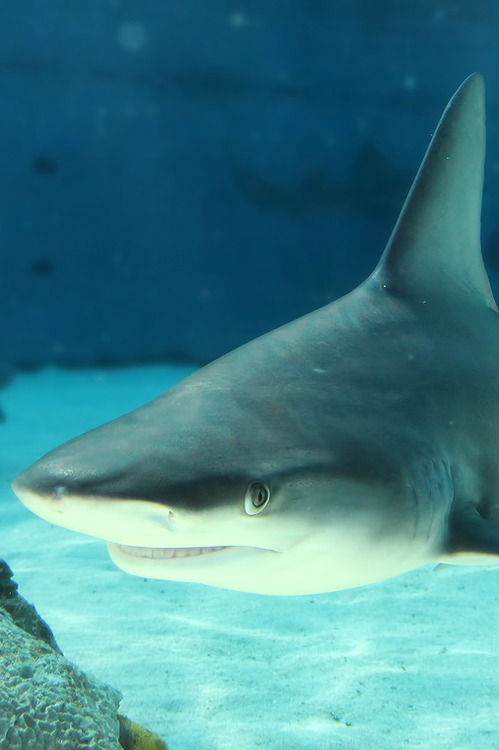
- White sharks eat about 11 tons of food every year, while humans consume 0.5 of a ton annually.
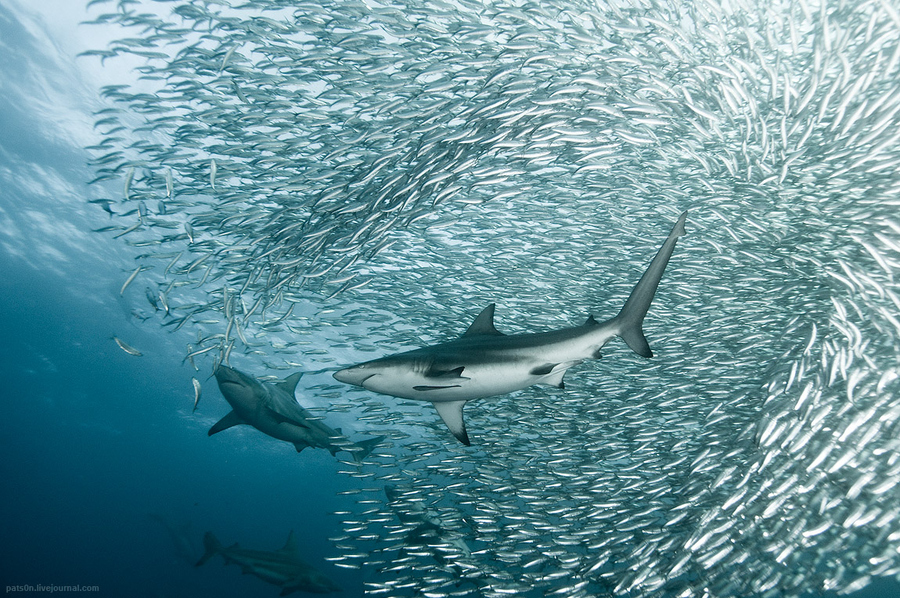
- A Greenland shark is one of the loneliest and slowest-moving creatures in the world. It lives in the depths of arctic ice and have only one underwater companion, whose name is impossible to pronounce – Ommatokoita elongate.
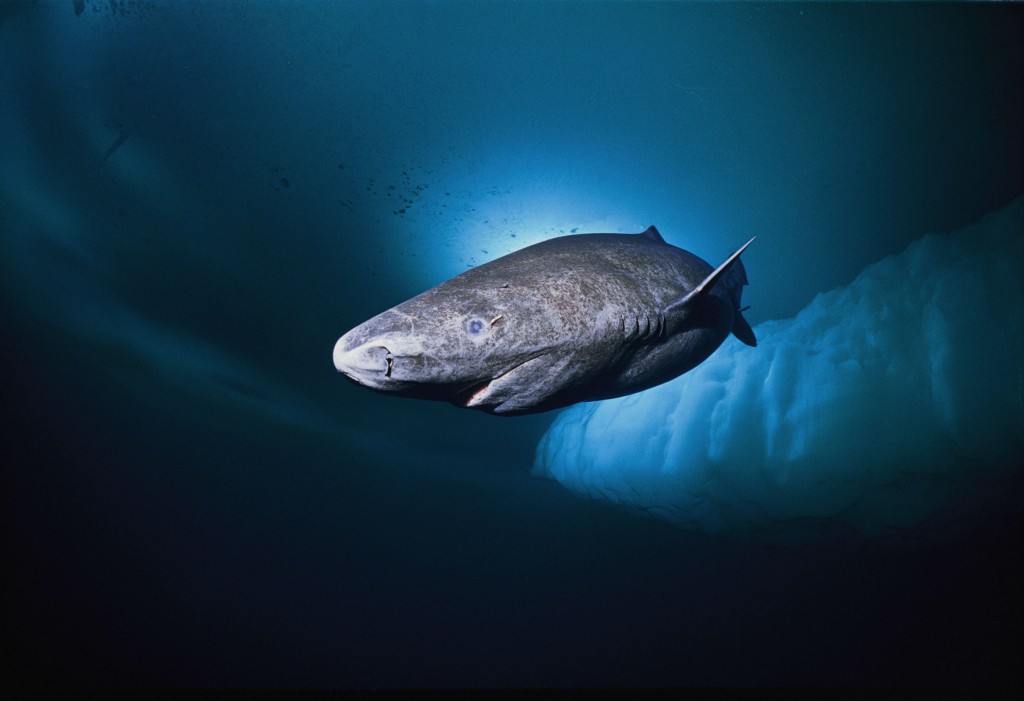
- During the time you’ve been reading this article, it is supposed that about 100 sharks were killed in the world for fin soups.
- Sharks do not hunt people – the majority of attacks are committed mistakenly because of bad water visibility. If you’re exploring dissertations topics in biology or environmental policy, shark conservation provides a rich, timely subject.
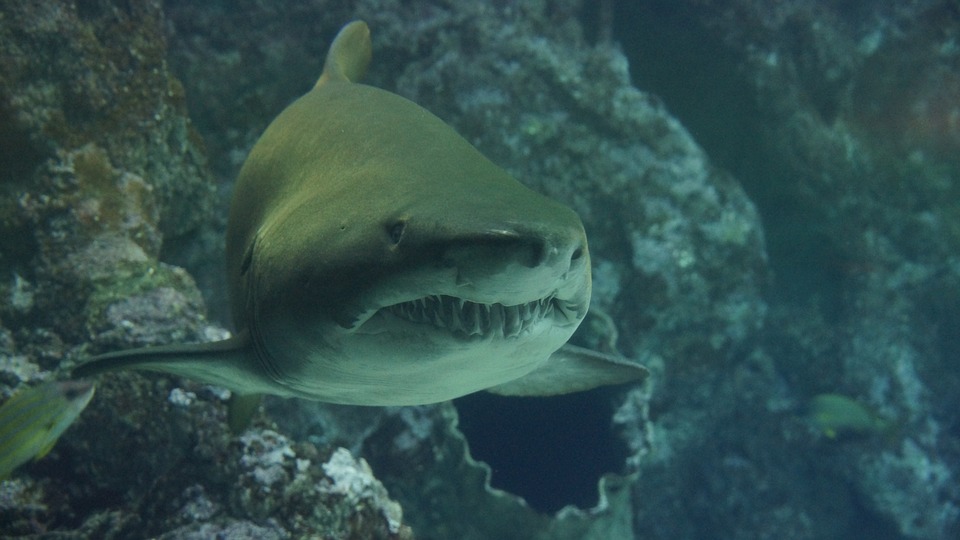
We agree with the conservationists that people know nothing about sharks – that’s why dislike them:) We hope, our team managed to improve the reputation of our namesakes and made you like them. If you decide to dedicate one of your academic papers to exploring the world of sharks, knowing how to cite a podcast in-text can be crucial when referencing expert interviews or marine science discussions.
For more interesting shark facts follow us on:


Our EssayShark team wishes you a great shark week!

